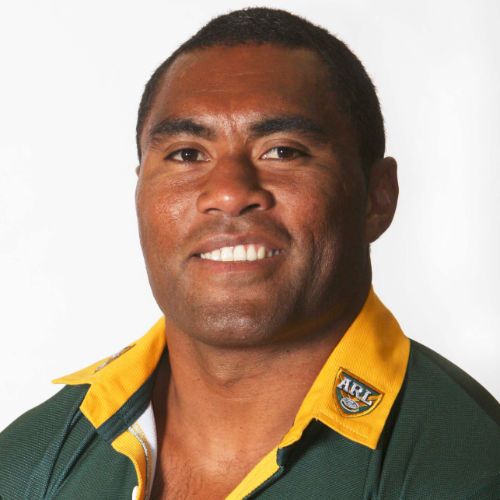Our History
The History of the RLPA
In 2019, the RLPA celebrated its 40th anniversary by producing a 60-minute documentary titled The Professionals.
The production explores how the professional environment for elite rugby league players has changed rapidly since the establishment of the RLPA in 1979.
The formation of the RLPA, originally called the Association of Rugby League Professionals, was initiated by Arthur Beetson with a meeting in April 1979 at the Balmain Leagues Club. In a radio interview on 2BL, on 20 April 1991, Arthur Beetson in recalling the formation of the RLPA, said that he wanted players to have a say in decision making processes.
The Inaugural Meeting of the RLPA was held at the Crest Hotel in Kings Cross, on 14 April 1980.
Key Figures in RLPA History
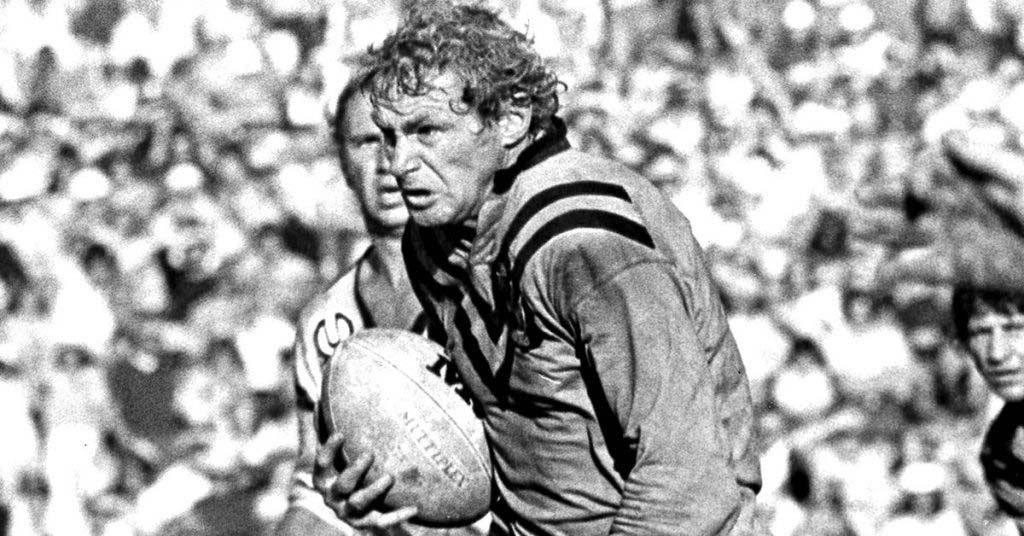
Dennis Tutty
A former Test second-rower, Tutty sacrificed some of the best years of his career when he challenged the NSWRL’s transfer payments system in the courts. He took on the League at the end of 1968 when he was refused a release from Balmain. His challenge went all the way to the High Court, which ruled in his favour in December, 1971.
He was a hero among his fellow players, but the case took a huge personal toll. It cost him his marriage and led to a stomach ulcer and for the entire period that he fought the League he did not receive one single cent of support from anyone involved in the game.
It was through his sacrifice that the legal doctrine of “Restraint of Trade” was established and applied within sport – and athletes across all professional codes have benefited since.
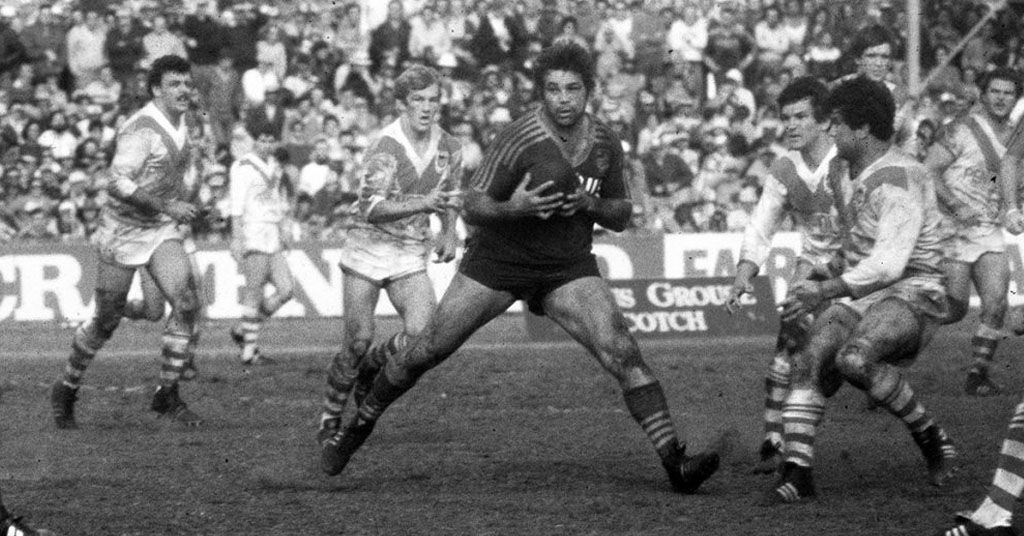
Arthur Beetson
Arthur Beetson’s standing in rugby league earned him the ultimate accolade in 2003 when he was named in the ranks of the Immortals.
Arguably the finest front-rower of the post World War II era, Beetson played 14 Tests for Australia and captained his country in two Tests and six World Series matches. He played with Balmain, Eastern Suburbs and Parramatta in a highly decorated career in the Sydney premiership and played a huge role in the early success of State of Origin.
The formation of the Association of Rugby League Professionals was called by Arthur Beetson with a meeting in April 1979 at the Balmain Leagues Club.
In a radio interview on 2BL, on 20 April 1991, Arthur Beetson in recalling the formation of the RLPA, said that he wanted players to have a say in decision making processes.
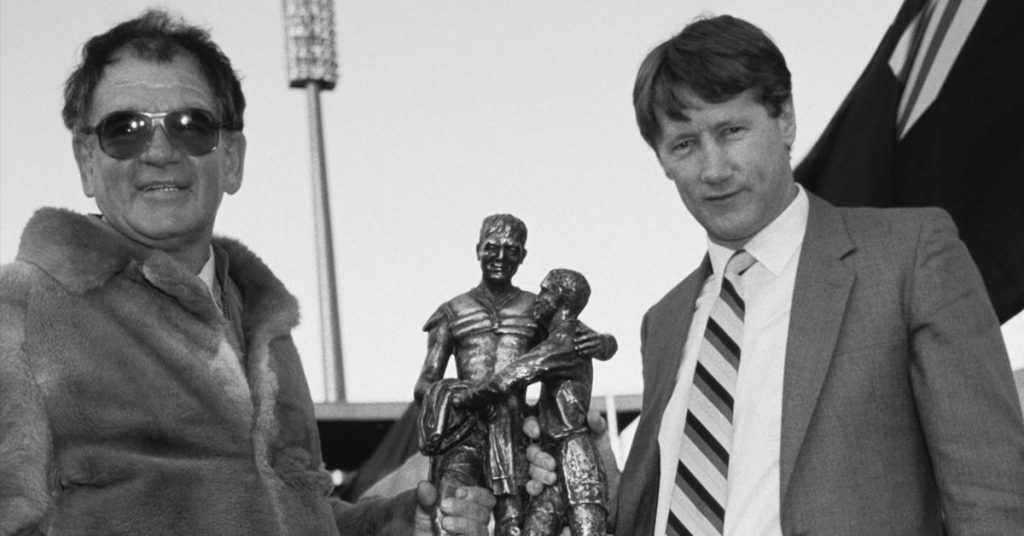
Jack Gibson
Gibson rose to prominence first as a player (157 first grade games for Easts, Wests and Newtown and 1 game for NSW) but it was the coaching arena that Gibson stamped his greatest influence on the game. He pledged he would never leave a Club in a worse state that when he arrived. He was true to his word.
Gibson was approached by Martin Gallagher to take over the leadership of the RLPA while he was taking a break from coaching.
The Inaugural Meeting of the RLPA was held at the Crest Hotel in Kings Cross, on 14 April 1980. Gibson was elected President, supported by Warwick Roberts and Dave Bolton as Vice-Presidents.
Gibson also received help from coaches Roy Masters and Ron Willey in renewing the support of players.
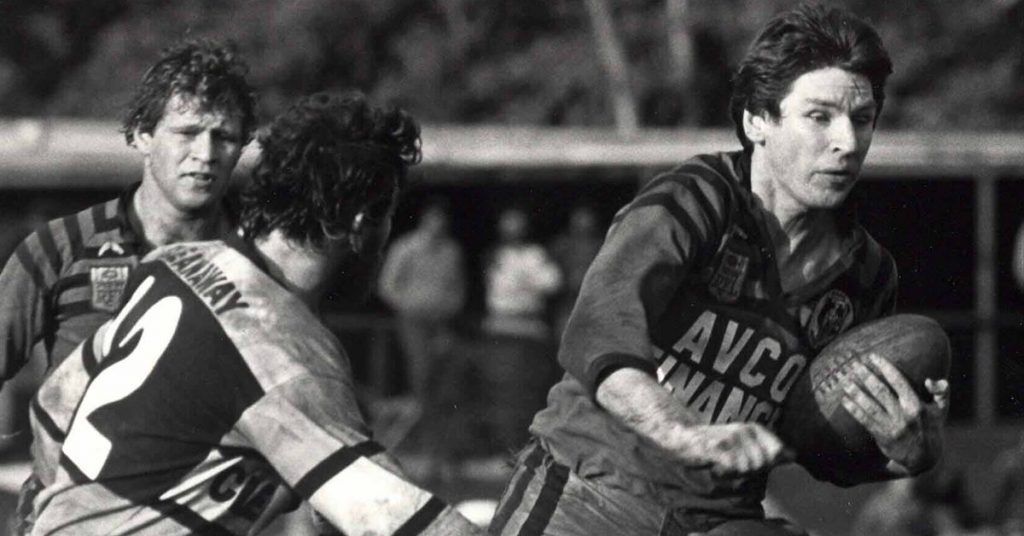
John Adam
A long-serving centre with the North Sydney club (152 first grade games 1977-84), Adam was a foundation member of the Association of Rugby League Professionals in 1979.
After his retirement as a player he served as association president from 1985 to 1990. A qualified solicitor, he used his legal training to assist players in contractual disputes and to improve general working conditions for players.
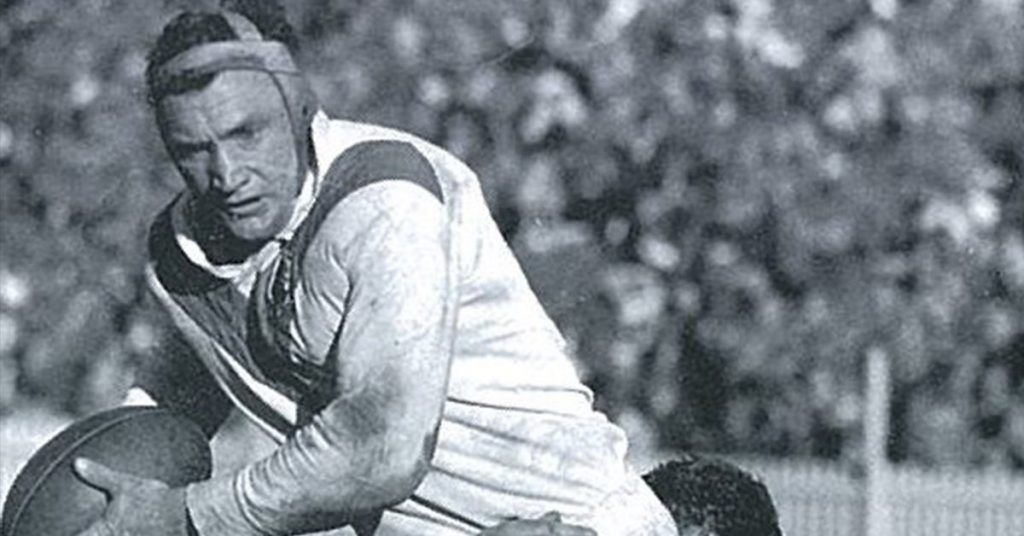
Kevin Ryan
One of the true hard-men of rugby league in the 1960s, Ryan was a member of seven premiership-winning teams for St George before helping to plot their downfall in 1967 as captain-coach of Canterbury.
A qualified barrister and former State MP, Ryan was a long time advocate for players’ rights. He was chairman of the Players Association in the early 1990s.
Ryan mounted a challenge to the NSWRL’s internal draft before the Federal Court of Australia in 1991.
In February 1991, Justice Hill of the Federal Court, in what he described as ‘a borderline case’, ruled against the RLPA in finding that the internal draft was not an unreasonable restraint of trade.
The RLPA decided to appeal to a Full Bench of the Federal Court. In September 1991, the three judges, in separate judgments unanimously overturned the decision.
Justice Wilcox, stated that ‘the right to choose between prospective employers is a fundamental element of a free society. It is the existence of that right which separated the free person from the serf’.
Ryan also secured the first collective agreement in the history of Australian sport, entering into a ‘bare bones’ agreement with NSWRL in 1992. A key inclusion of the agreement was a minimum income for first-grade players that was above the adult national minimum wage.
Ryan played a significant role in the history of the RLPA, championing the human and employment rights of players.
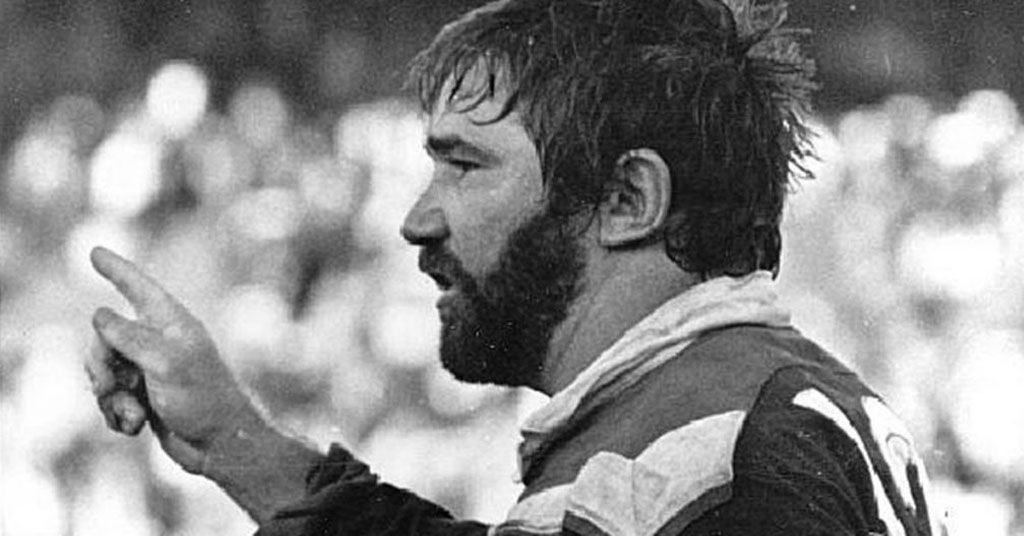
Peter Moscatt
A former Eastern Suburbs hooker (82 first grade games, 1969-75), Moscatt headed the players’ association during the most tumultuous period in the game’s history. He was at the helm when the Association became aligned with the powerful MEAA (Media, Entertainment and Arts Alliance) in the early 1990s and was still involved when the game entered a new era, post Super League.
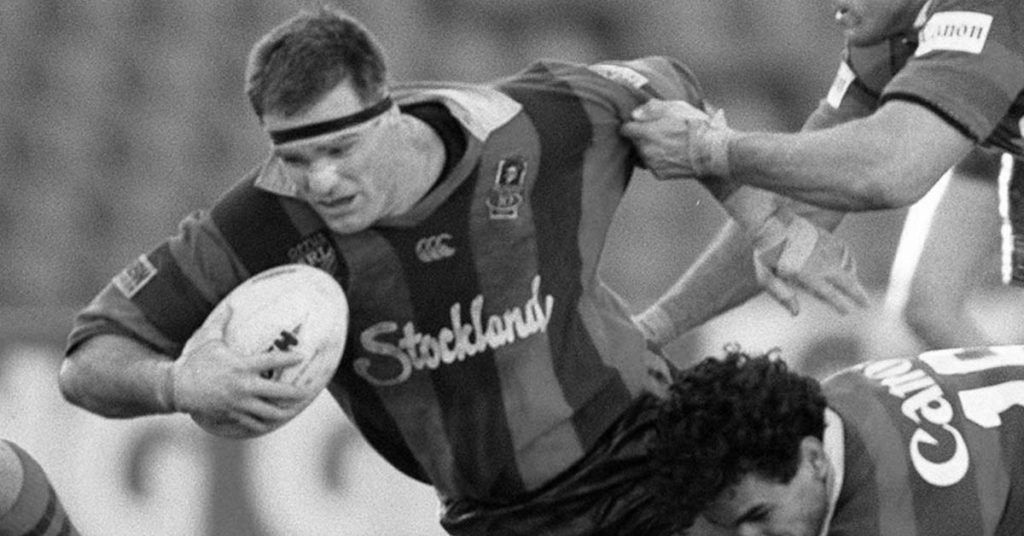
Anthony Butterfield
A tough, uncompromising front-rower from Penrith and Newcastle, took charge of the player’s association in 2000, after a record breaking number of games with the Knights, including a Premiership (1997) and State of Origin honours. Butterfield leapt into the role at a time when the Association was at its weakest due to lack of membership and poor finances. With strong and at times controversial and uncompromising leadership, Butterfield re-ignited Player interest in their Association and began the challenge to restore respect and credibility for the RLPA.
With a renewed professional approach and support from respected advisors, the RLPA began to grow in both terms of membership and profile. Butterfield, along with leading Players of the time, was responsible for the implementation of the first ever Collective Bargaining Agreement (CBA), which included for the first time a minimum wage. To achieve this outcome, the Players had to demonstrate a strong and united stance which ultimately resulted in the cancellation of the Dally M Awards in 2003.
At the time, Butterfield sought alliance with the strong Union movement in NSW and the RLPA became the first sporting body in Australia to be officially registered under the Workplace Relations Act.
Butterfield also played a role in establishing an Education and Welfare Committee for Players and drafting policy for the accreditation of Player Agents. Butterfield resigned from the role of Chief Executive in February 2006 to pursue a career in athlete management services.
History of Chairs, CEOs, and General Presidents
Chairs
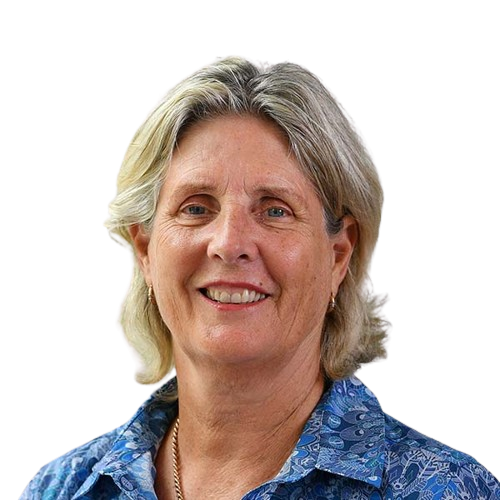
Dr Deidre Anderson AM

Russell Adams

Clint Newton OAM
CEOs

Clint Newton OAM
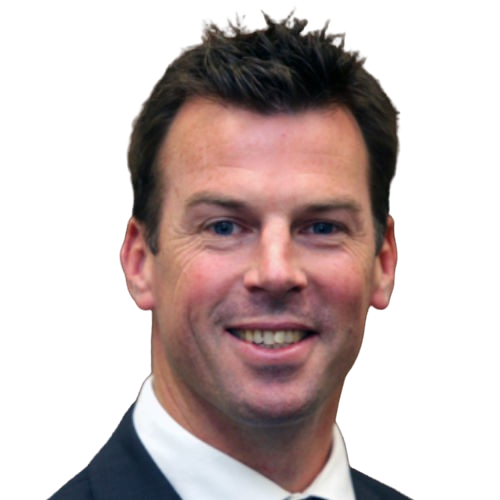
Ian Prendergast

David Garnsey
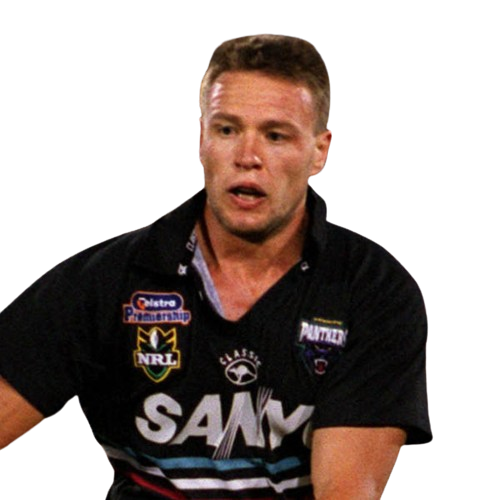
Matt Rodwell
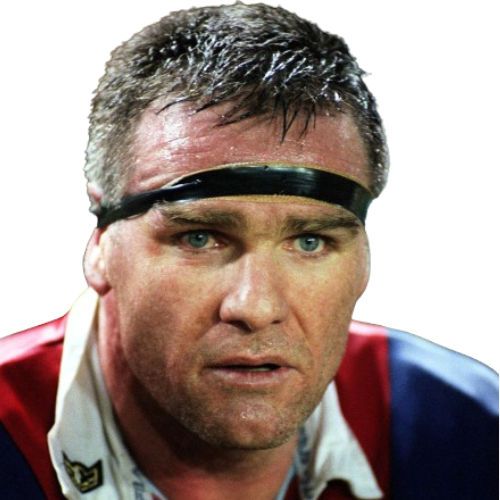
Tony Butterfield
General Presidents
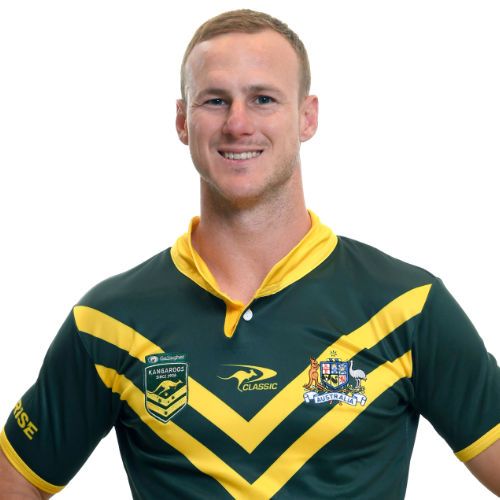
Daly Cherry-Evans
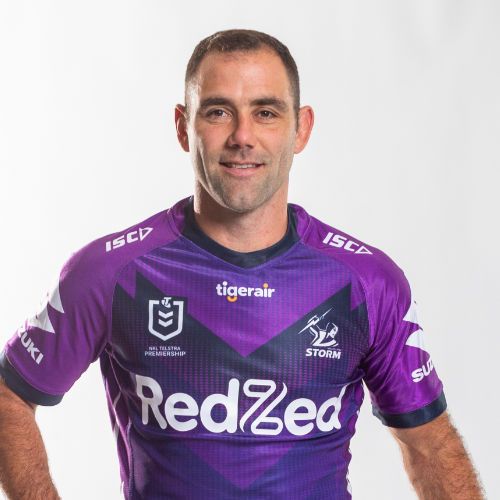
Cameron Smith
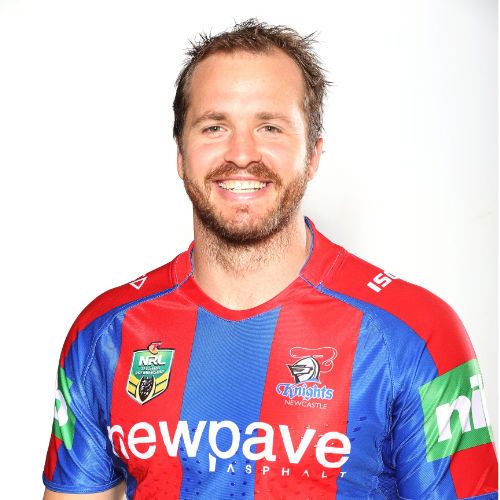
Clint Newton OAM
